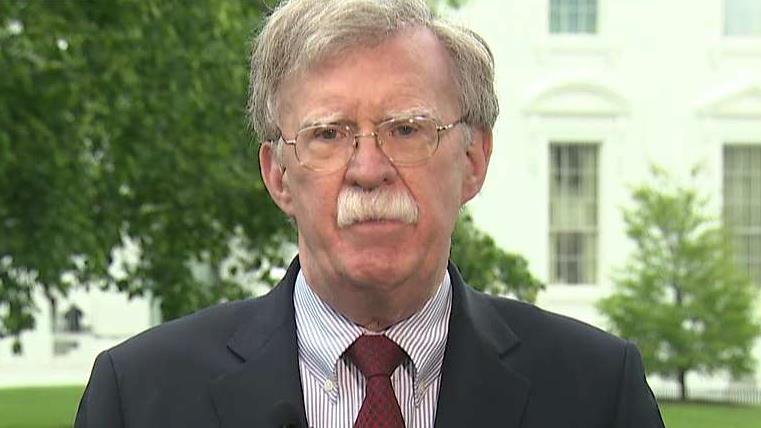Venezuela, a cautionary tale of socialism that started with good intentions
They say the road to hell is paved with good intentions and when it comes to the current state of Venezuela, that’s both accurate and descriptive.
As we watch the horrifying images of violence in the wake of disputed President Nicolas Maduro’s regime trying to resist the uprising of Juan Guaido’s opposition, it’s heartbreaking to see the suffering of people who have been struggling to find enough food to eat and who have seen their economy and their lives destroyed in such a short period of time.
Venezuela was, in the not-too-distant past, a well-off country with democratic leanings. In fact, in the mid-20th century, its GDP ranked fourth in the entire world.
Maduro's predecessor Hugo Chavez worked to increase government control, central planning and entitlements, expanding social programs and nationalizing industries (it is reported that he nationalized thousands of companies and/or the assets of companies). These changes initially curried favor with the poor and working class, as the re-alignment of the economic system created more initial wealth and “equality.” Until it didn’t, because socialism over time always ends up failing.
As Margaret Thatcher said, "The problem with socialism is that eventually you run out of other people's money."
In Venezuela’s case, their main resource of oil saw pricing volatility. When they ran low on surplus oil money to redistribute, the scheme all fell apart. While socialists are adept at spending money, they can’t compete with the innovation of the free markets when it comes to allocating resources and efficiently producing goods and services, as had been the norm in the country pre-Chavez.
Socialism is quite like robbing Peter to pay Paul—once Peter has no more money—and if he has no incentive to make and create more wealth since he is getting robbed—Paul stops getting paid.
Maduro, who inherited the structure, faced lower prices for their key resource in oil. As he implemented increased regulations (including on money and freedoms), it also exacerbated corruption and created the all-around dismal economic scenario of today.
This horrific scenario shouldn’t be a surprise. Socialism starts out with noble intentions, preying on the envy of the population to let the government “level the playing field” with promises of equality and more government support. But, the quest for power (and corruption that always comes along with it), coupled with the impossibility of having a small number of people efficiently allocate resources, leads to the same outcome every time.
CLICK HERE TO GET THE FOX BUSINESS APP
Venezuela isn’t different; it’s purely another victim of socialism. Let it remain a cautionary tale that illustrates very vividly the difference between good intentions and good outcomes.
Carol Roth is the creator of the Future File legacy planning system, a “recovering” investment banker and New York Times bestselling author of The Entrepreneur Equation.




















